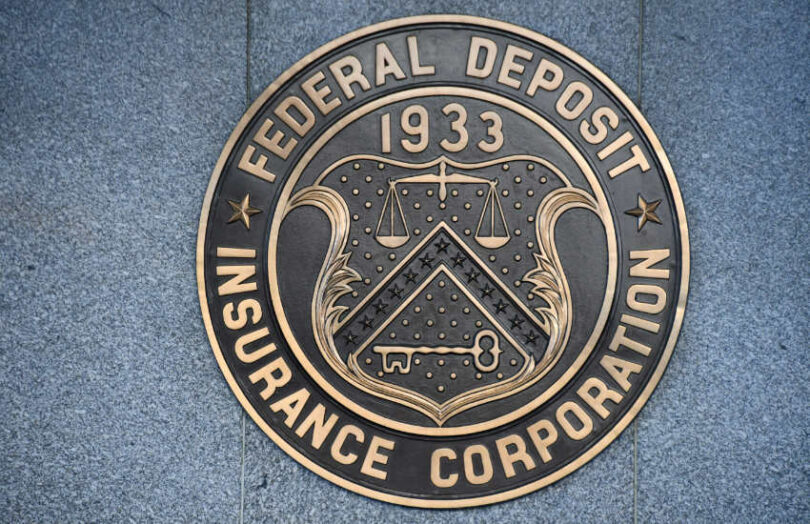According to the FDIC, 136 insured banks in the U.S. are involved in crypto-assets or are planning some kind of activity. This includes enabling customers to buy or sell cryptocurrencies or providing services to crypto asset exchanges such as bank deposits, custody or lending.
Last week the FDIC’s Office of the Inspector General (OIG) released its annual report on the key challenges facing the FDIC. Supervising the risks posed by digital assets is one of nine concerns.
It highlighted the digital asset volatility risk, citing Silvergate as an example. About 90 percent of its deposit base related to digital asset customers, and there was a drawdown from around $11.9 billion in deposits to $3.8 billion within a quarter. “The bank sold $5.2 billion in debt securities at a loss of $718 million, which is greater than the bank’s total profits since about 2013,” said the report.
So volatility risks for banks was one of the issues mentioned. It reiterated the digital asset risks mentioned in a joint January warning by the FDIC, OCC and Federal Reserve.
Conflicts of interest
Conflicts of interest were highlighted in the report. The Office of Government Ethics introduced a rule in mid-2022 for employees holding a cryptocurrency or stablecoin. If their work could directly affect the crypto value, they should not participate in the matter.
The FDIC extended this guidance to say if an employee holds Ethereum crypto, then they can only be involved in a bank digital asset examination that does not include Ethereum. As more banks get involved in the digital asset sector, it might be tricky to find staff without conflicts.
Beyond government, we’ve repeatedly seen business deals announced where there was a spike in the price of the cryptocurrency in advance of the publication.
While the FDIC Inspector General said that digital assets had been included in the FDIC challenge reports since 2018, it wasn’t considered as big an issue until this year. Last year’s report treated digital assets as a subset of cybersecurity risks.
Meanwhile, the FDIC is unhappy about crypto firms loosely and falsely referring to FDIC insurance cover. It sent a cease and desist letter to FTX in August last year, several months before its bankruptcy. Late last year, the Chair of the FDIC said he wanted stablecoins that are used for everyday payments issued on permissioned blockchains rather than public blockchains.






